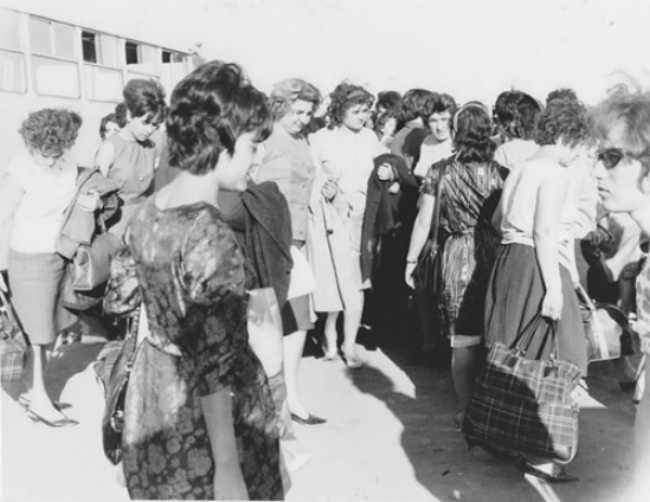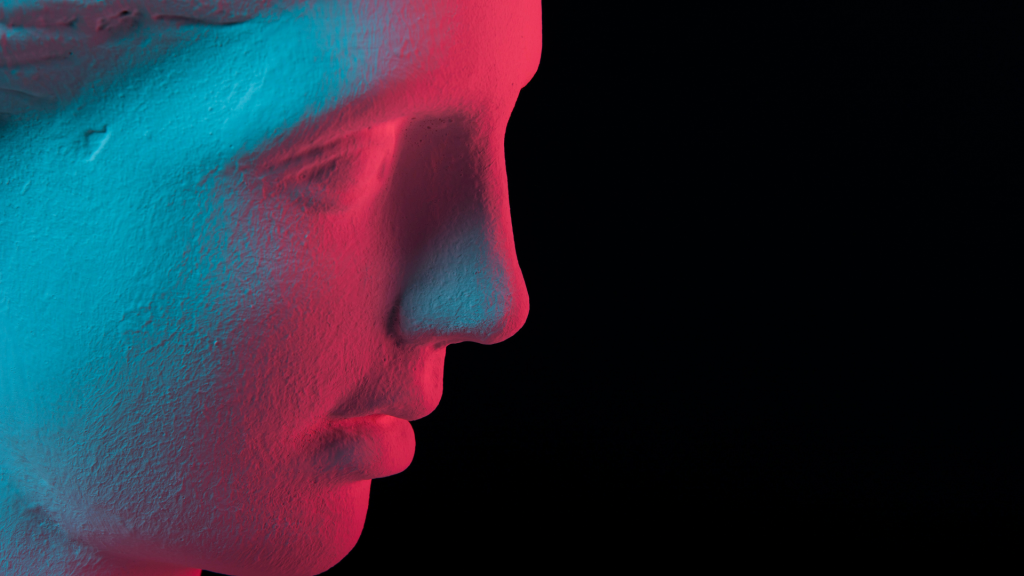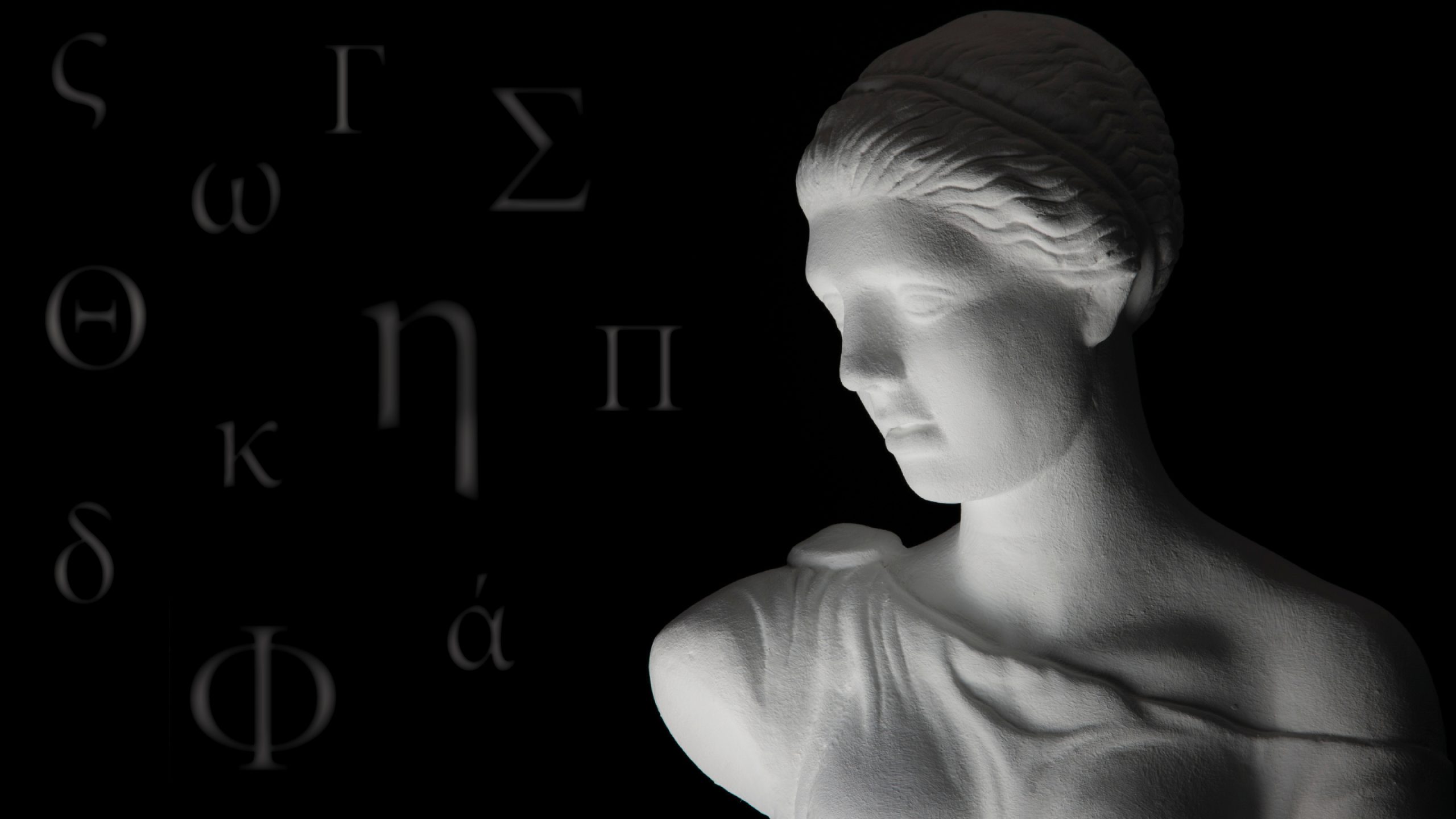By Mary Sinanidis.
Crooner Johnny Cash sang of “A boy named Sue” who had to come to terms with his character-building, female-sounding name.
Well, the opposite is the case when it comes to my surname. And I’m not alone.
When Greek migrant women came to Australia, they had to discard their female-gendered surname. For instance, in Greece, Mr Pappas’ wife is not Mrs Pappas but Mrs Pappa (feminine). And Mr Kyrgios’ wife is Mrs Kyrgiou (feminine). Had I grown up in Greece, I would have been known as Sinanidou – the feminine of Sinanidis.
Interestingly, this feminine version is the possessive case of the family name to show the clan belongs to the woman’s father or husband. So, in my case, I am Sinanidou, a woman belonging to Sinanidis (dad).
Once in Australia, however, families had to adapt to a non-gendered society and pick one unified surname for their clan. In those days, the masculine form had the most legitimacy, though some changed their names altogether so that Stephanopoulos would be Stevens, Karpouzis would be Karp, all for the sake of convenience or to just fit in.
Much has been made of how the shortening of our hard-to-pronounce surnames has affected our identities. Little has been said, however, of the loss of the feminine surnames and what this has meant for women.
At Greek school, I could still enjoy my female-gendered surname. Kyria Polydoropoulou (belonging to Polydoropoulos) would call out “Sinanidou” and I’d say “Parousa” (Present). I knew it was me and not my hypothetical male twin in the same class. In our English school class, the teacher would say “Sinanidis” and it could be either one of us.

This was no big deal, however, until I went to live in Greece for a few decades.
Suddenly, I had multiple identities which confounded the Greek Tax Office and Aliens Residence Bureau. Was I Maria (official first name in the books but not my life) Sinanidis (masculine gendered name), Maria Sinanidou, Mary Sinanidis or Mary Sinanidou?
Why so many aliases? What was I hiding? Or was I just some random weird feminist abandoning the possessive case of my female-gendered name to make a point?
And so, with my tax agent at hand, and to put an end to confusion and allay suspicions of fraud, I came to be known as Mary Sinanidis on official documents – always written in Latin characters, regardless of whether the document was in Greek. Quite often, I’d be corrected: “Learn Greek, your name is Sinanidou (feminine), not Sinanidis (masculine).”
And then I’d need to explain English grammar, migration and why we have male-gendered family surnames in the Antipodes.
But wait, there’s more
And I thought that the problem would end with me. Until I got married.
In Greece, feminist legislation passed in 1983 requires women to keep their maiden name after marriage. (Though bearing in mind that maiden names are still possessives conferring to the male of the clan, I’m not sure what difference it makes in the grand scheme of things.)
Interestingly, children’s surnames are also selected before marriage.
“Usually, the father’s name is chosen as the family name,” said the priest doing the paperwork ahead of our nuptials.
We were just two crazy people in love and hadn’t even begun to think of having babies let alone choosing baby names. And, as if choosing first names wasn’t hard enough, we hadn’t even contemplated the predicament of a surname.

“Well, what if the dad’s silly, and the mother does all the work? Besides, if you travel alone, people may think you kidnapped the kids,” he said.
“It makes sense,” I said. “And I’m the last of my bloodline, so my dad will most certainly be pleased his surname will get to live on!”
So we hyphenated!
Two years later that split-second decision came back to bite us (and our kids). Our firstborn daughter bore the feminine version of both our names: Haritopoulou-Sinanidou.
The Australian Embassy insisted Sinanidou (female-gendered version on the official marriage documents) would have to remain Sinanidou in English, regardless of the masculinity of my name on which it was based. So much for easing things at the passport checkouts.
Our second child, also a daughter, followed in her sister’s footsteps. Had she been a son, they would have had different suffixes to their surnames adding even more to the confusion.
As it stands, however, I am Sinanidis, my daughters are Haritopoulou-Sinanidou and their father is Haritopoulos.

